detail profile santi chatterjee
Peran Yang Di Mainkan Santi Chatterjee
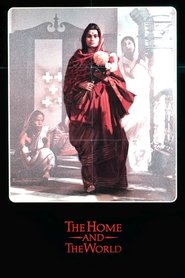 When the movie opens a woman...
When the movie opens a woman...The Home and the World 1985
When the movie opens, a woman is recalling the events that molded her perspective on the world. Years ago, her husband, a wealthy Western-educated landowner, challenged tradition by providing her with schooling, and inviting her out of the seclusion in which married women were kept, to the consternation of more conservative relatives. Meeting her husband's visiting friend from college, a leader of an economic rebellion against the British, she takes up his political cause, despite her husbands warnings. As the story progresses, the relationship between the woman and the visitor becomes more than platonic, and the political battles, pitting rich against poor and Hindu against Moslem, turn out not to be quite as simple as she had first thought.
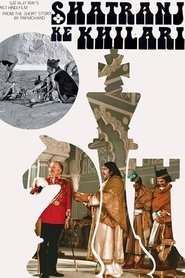 In the year 1856 Nawab Wajid Ali...
In the year 1856 Nawab Wajid Ali...The Chess Players 1977
In the year 1856, Nawab Wajid Ali Shah is the King of Awadh, one of the last independent kingdoms of India. The British intend to control this rich land and send General Outram to clear way for an annexation. Pressure is mounting amidst intrigue and political maneuvers, but the Nawab whiles away his time in pursuit of pleasure and religious practice. The court is of no help either — noblemen Mir and Mirza ignore all duties and spend their days playing endless games of chess. Based on Munshi Premchand's short story of the same name. Preserved by the Academy Film Archive in partnership with The Film Foundation in 2010.
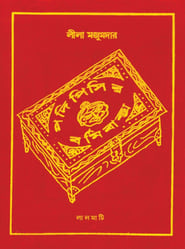 Khoka is a schoolboy who goes...
Khoka is a schoolboy who goes...Padi Pishir Barmi Baksha 1972
Khoka is a schoolboy who goes to his uncle's house, where he learns about the tales of Padi Pishi (Aunt Padi), a formidable widow. She had once gone to Khuro's house to meet him, but bandits attacked her. When Khuro got to know about it, he offered her bribes from his loot so that the news would not be public. Padi Pishi then took a precious Burmese box that was hidden in Khuro's house. Before Padi's Pishi's death, she did not reveal the hiding place to anyone except her son Goja. The entire family searched for the missing box but could not recover it. A private detective also searched for the box but could not find it. The story is about how it is finally discovered. Padi Pishir Barmi Baksha is an Indian Bengali adventure comedy film directed by Arundhati Devi. It is based on the children's novel of the same name by Leela Majumdar.
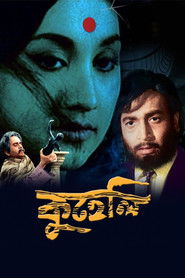 A MiddleAged Woman named Sheba comes...
A MiddleAged Woman named Sheba comes...Kuheli 1971
A Middle-Aged Woman named Sheba comes to an Obscure town named Nijhumgarh to be the Governess of a Renowned Household called "Ray Kuthi". But little did she know about the Bungalow and the dwellers. She is startled to know that two murders took place there nearly seven years earlier. The Mist of the mysterious happenings get only thicker. Now Sheba could only pray for it to Go Away as incidents transcend the rules of our physical world.
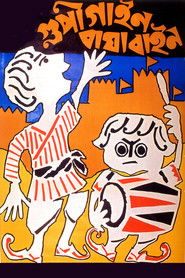 Goopy Gyne and Bagha Byne are...
Goopy Gyne and Bagha Byne are...The Adventures of Goopy and Bagha 1969
Goopy Gyne and Bagha Byne are banished from their respective villages for being bad musicians. However, with their skills, they succeed in pleasing the king of ghosts who grants them three boons. How will they succeed in preventing the war between Halla and Shundi which is looming large?
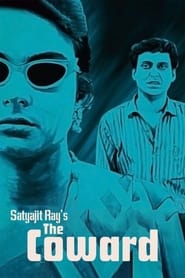 Amitabha Roy is a Calcuttabased scriptwriter...
Amitabha Roy is a Calcuttabased scriptwriter...The Coward 1965
Amitabha Roy is a Calcutta-based scriptwriter, driving around in the country to collect material for a film. His vehicle breaks down in a small town. A tea planter, Bimal Gupta, offers hospitality for the night. Amitabha is forced to accept the offer as he has no alternative. Preserved by the Academy Film Archive in 2005.

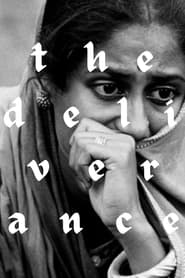 When a poor and outcaste village...
When a poor and outcaste village... A depiction of the life of...
A depiction of the life of...